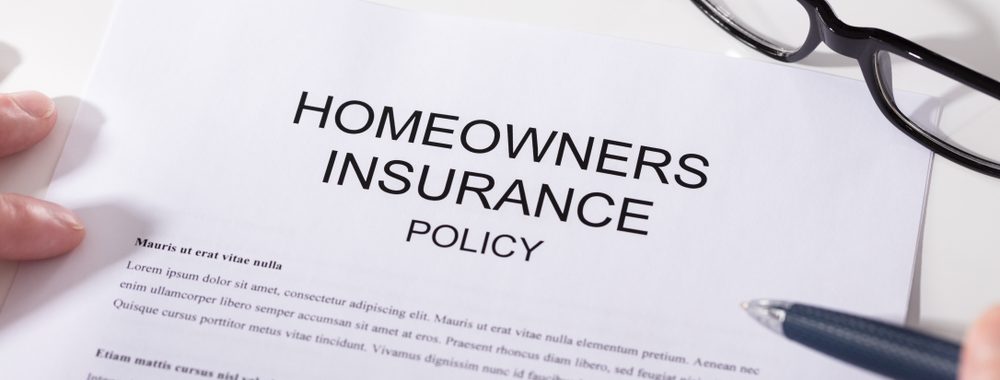

In order to determine if an insurance policy will cover damage from a burst pipe, you must first read the contents of your policy. Every insurer is different and has a different process for handling damage claims, so while it may be possible that your policy does provide coverage in the event of something like a burst pipe, you’ll need to examine your specific details before making that determination.
If you have not yet taken out a home insurance policy, call an agent today! There are many factors involved with insuring a home or apartment – including how old it is, what type of roofing exists, and what kind of heating system it uses.
To best protect your home from damage, it is highly recommended that you speak with a qualified insurance agent who can inform you of the exact policy that would cover your needs.
For those already with a home insurance policy, what follows below are three common reasons why policies might not cover water damage from burst pipes…
Your Policy Does Not Cover ‘Natural Disaster’ Damages
In order to guard against all possible types of damages, insurers write policies requiring protection from an excessive set of potential events. In the most extreme cases, this includes natural disasters such as floods and earthquakes. In more mundane situations (but ones that still result in their fair share of claims), this could include certain forms of water damage – like treatment or overflow due to broken piping.
If your home suffers water damage from a burst pipe which is also considered a ‘natural disaster’ or excluded under your policy, then you will not be entitled to coverage. If your insurer offers no-frills policies that do provide protection in the event of natural disasters, check with them before filing a claim – just in case.
Your Policy Has A Deductible
Deductibles are amounts of money that you must pay yourself when filing an insurance claim. Though policies vary greatly between different carriers, most have mandatory deductibles for all claims – including water damage resulting from broken pipes.
A deductible can range anywhere from $50 up to over $1,000 depending upon the specifics of your plan and how much it costs to insure your home. Unfortunately, this means that you will have to pay for the initial costs of repairing your burst pipe from your own pocket – at least until the threshold is met.
Your Policy’s Coverage Is Limited To ‘Sewer Overflow’ Damage
The majority of home insurance policies only provide coverage in the event of a sewage overflow or a related form of water damage that results from a break in piping. In these cases, most insurers will require that the damage be repaired by a qualified plumber and recommend additional services beyond basic installations.
Insurance Claim For Water Damage From A Burst Pipe? Here’s What You Should Know…
When you have water damage in your home, it is important to understand what causes of damage are covered by your insurance policy and which causes of damage are not covered.
If you have recently experienced an issue with burst pipes at home that resulted in some form of water damage, then there are three basic possible scenarios that could apply.
- The first option is that the cause of the burst pipe falls under your policy’s Natural Disaster Exclusion, in which case you will not be able to file a claim for coverage.
- The second option is that your policy does provide protection against burst pipes resulting in water damage, but this is often limited to sewer overflow (and even then, providers differ on their definition of ‘sewer’).
- If you’re like most people, your policy contains no exclusion or limitation that allows for water damage from broken piping – meaning the third possible scenario applies.
Contact First Call 24-7 if you have questions about a recent water intrusion into your home or business.
